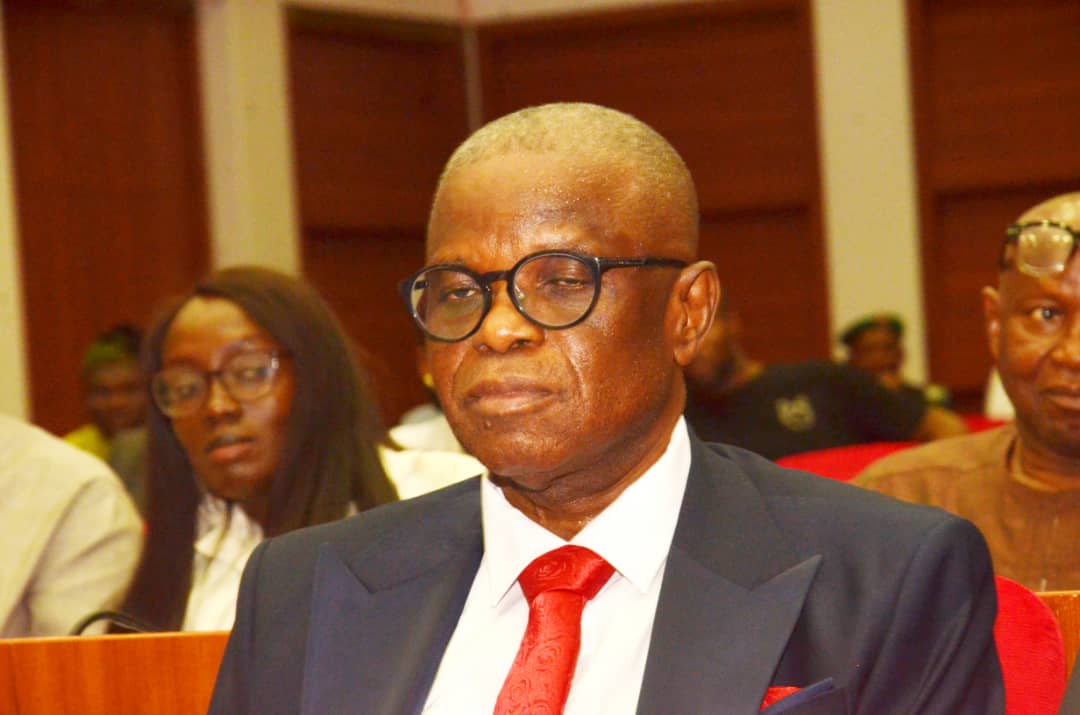The 2025 budget estimate, by President Bola Tinubu in May, was passed during Wednesday’s plenary after lawmakers considered the report of the senate ad hoc committee on Rivers state.
Senate President Godswill Akpabio announced the approval following a voice vote after the bill scaled its third reading.
Opeyemi Bamidele, senate leader and chair of the ad hoc committee, presented the report and outlined a budget framework targeting urgent needs in infrastructure, education, healthcare, agriculture and security under the emergency administration.
According to the budget breakdown, N120.8 billion is earmarked for debt servicing, N287.38 billion for recurrent (non-debt) expenditure, while N1.077 trillion will be invested in capital projects.
While supporting the passage of the bill, Abdul Ningi, the senator representing Bauchi central, expressed reservations that the state has a deficit of N147 billion for pensions.
He, however, commended the inclusion of N50 billion for outstanding pensions and gratuities, but warned that the allocation must be treated with urgency and transparency.
“I’m delighted that the committee has made this handsome provision of N50 billion,” he said.
“I could see my reservation on a very rich state like Rivers having a deficit of N147 billion, rightly enumerated by the committee. This means the committee must look at this particular clause as a priority in making sure that the sole administrator go on right now to start taking care of this pension and gratuity.
“A lot of people are dependent on this pension and gratuity, and when you see a deficit of N147 billion, a sum of N50 billion is good enough, but let the committee see it as a priority — making sure that that money is out, then disbursed to the beneficiaries promptly.”
No senator objected to the revised budget estimate during the debate. The bill now awaits presidential assent and subsequent implementation.
On June 11, Ibok-Ete Ibas, sole administrator of Rivers, said the budget includes for Siminalayi Fubara, suspended governor of the state, and other political officeholders.
“In anticipation of the eventual return to constitutional order, the draft budget prudently retains provisions for the offices and functions of suspended political actors, some of whom have already drawn on allocated resources in the first quarter and are expected to resume their duties at the expiration of the emergency period,” he said.











